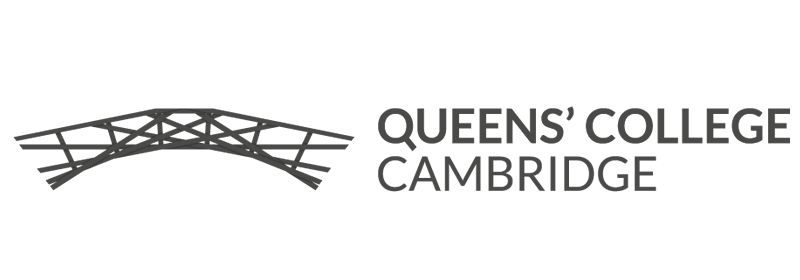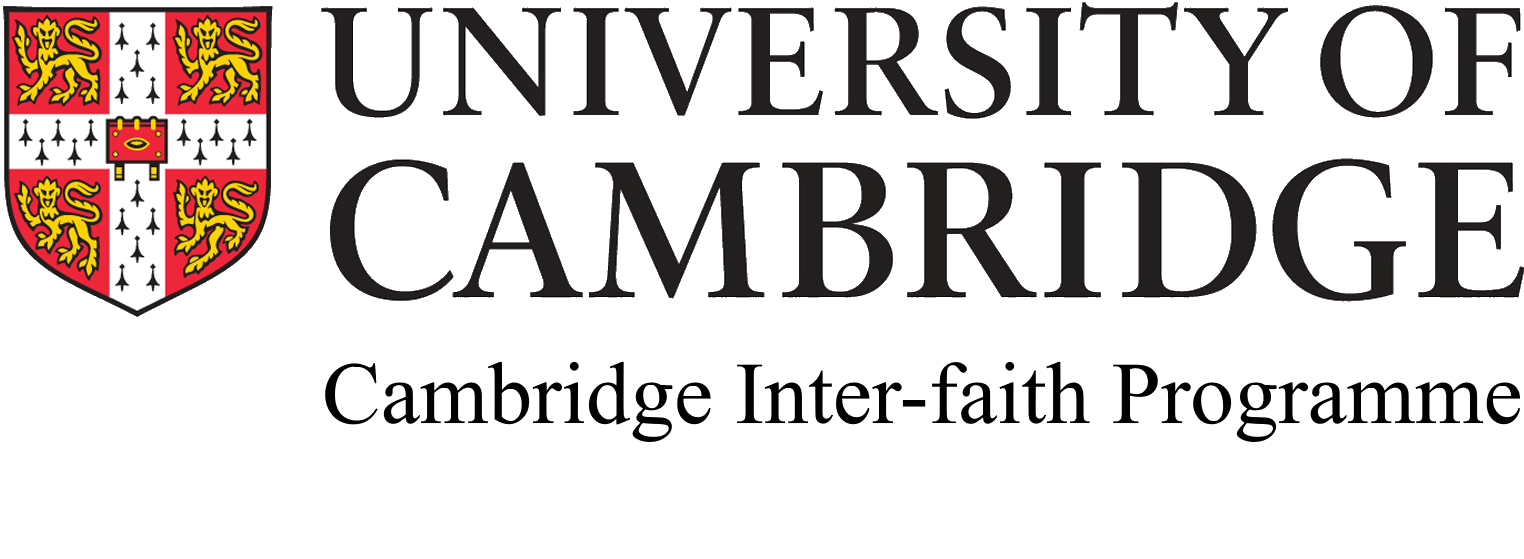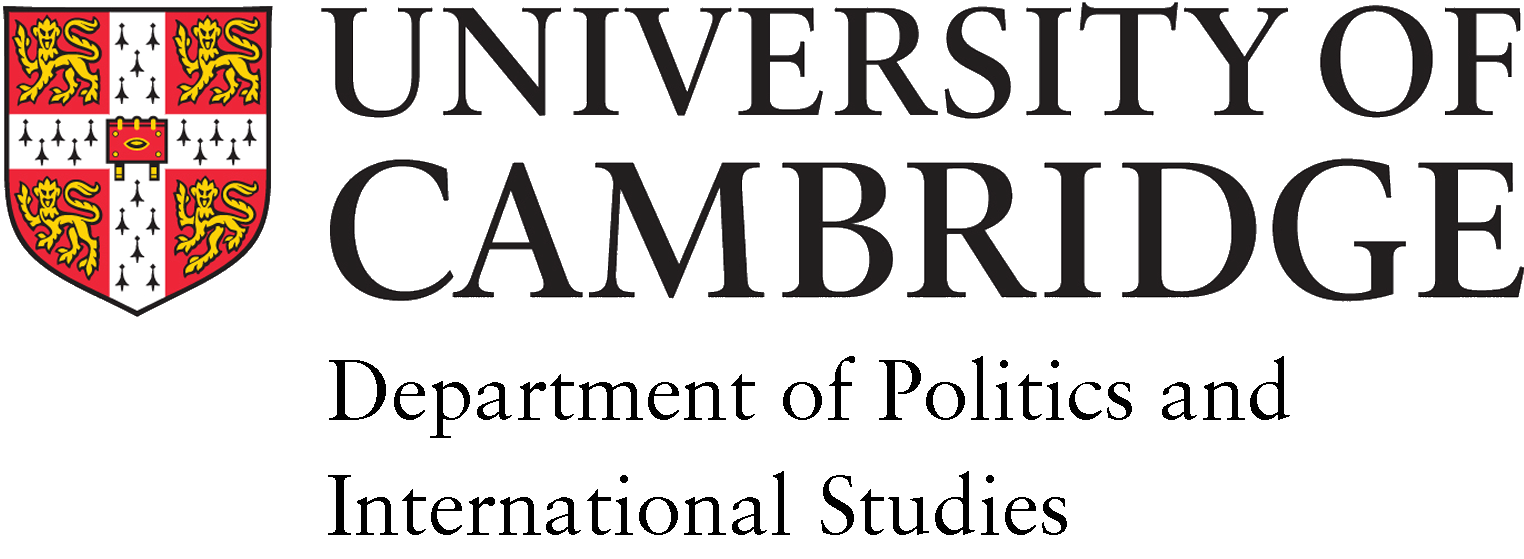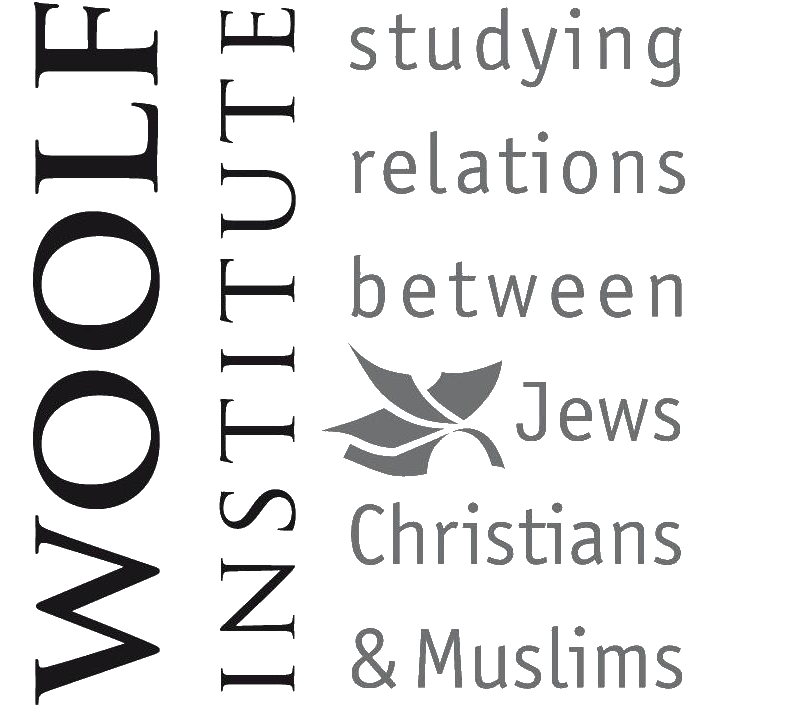About Borderlines
Borderlines is an interdisciplinary conference in Cambridge, promoting the exchange of ideas and projections within the relevant arenas of religion, nationalism and identity in the contemporary world. We have brought together academics, political and religious leaders, and social activists, from across the country and the globe, in order to explore these critical topics alongside one another:
Ethnic Conflict and Sustainable Geopolitical Peace
Diaspora Identity: the Notions of Belonging in, and Longing for, a Homeland
Colonialism and its Effects: Political Power, Culture and Religious Belief
Sacred Territory: Religious Nationalism, Faith-Motivated Violence, and Holy Land
Textual Fundamentalism: Holy Scripture and Violent Words
About the Organisers
Eliot Cohen and Joseph Benedyk are students at the University of Cambridge. Eliot is an MPhil student in Philosophy of Religion, and Joseph is a final year undergraduate in Politics and International Relations. They are excited to initiate an honest, constructive and critical conversation on these pressing issues, which are extremely relevant in the environment of the university and beyond.
We are extremely grateful for the generous support of St John's College, Queens' College, the Cambridge Interfaith Programme, and the Department of Politics and International Studies, University of Cambridge.
To see more of the important work that the Cambridge Interfaith Programme do, please see their website: http://www.interfaith.cam.ac.uk
Testimonials
Schedule
The schedule for the Conference can be downloaded as a pdf.
Speakers
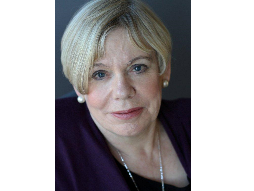
Karen Armstrong OBE
Historian of Religion
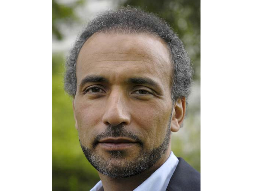
Professor Tariq Ramadan
Professor of Contemporary Islamic Studies, University of Oxford
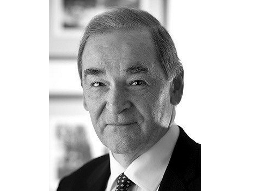
Sir Jeremy Greenstock
Former UK Ambassador to the UN and UK Special Envoy for Iraq
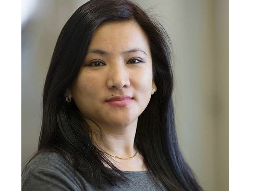
Tenzin Dhardon Sharling
Secretary for Department of Information and International Relations, Central Tibetan Administration
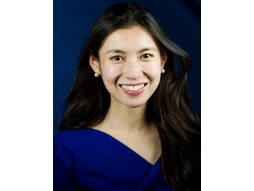
Dr Lynn Kuok
Non-Resident Fellow of Foreign Policy, Brookings Institution
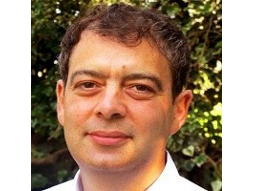
Professor David Runciman
Head of the Department of Politics and International Relations, University of Cambridge
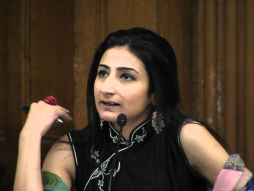
Dr Nitasha Kaul
Kashmiri novelist, academic, poet and economist
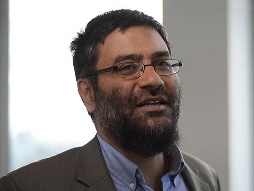
Imam Dr Usama Hasan
Head of Islamic Studies, Quilliam Foundation UK
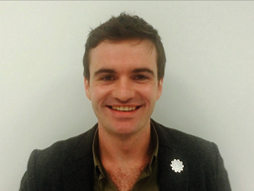
John Lyndon
Executive Director, OneVoice Europe
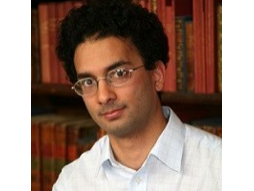
Dr Glen Rangwala
Lecturer in Politics of the Middle East, University of Cambridge
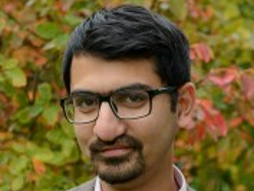
Dr Ankur Barua
Lecturer in Hindu Studies, University of Cambridge
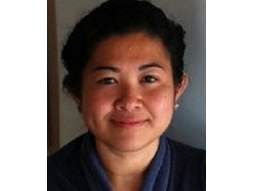
Dr Iza Hussin
Lecturer in Asian Politics, University of Cambridge
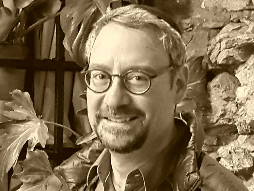
Rabbi Dr Naftali Brawer
Author and Broadcaster
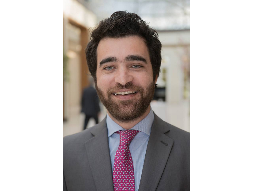
Haid Haid
Associate Fellow, Chatham House
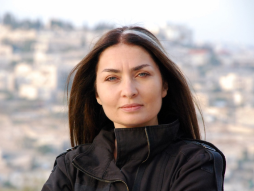
Leila Sansour
Filmmaker and founder of Open Bethlehem
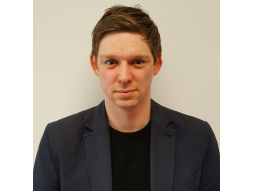
Dr Edward Anderson
Smuts Research Fellow in Commonwealth Studies, University of Cambridge
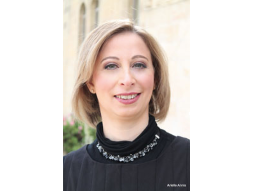
Dr Amal Marogy
Founder of Aradin Charitable Trust and Affiliated Researcher in Neo-Aramaic Studies, University of Cambridge
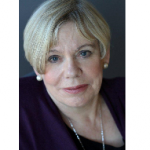 Karen Armstrong OBE
Karen Armstrong OBE
Historian of ReligionKaren Armstrong OBE is a historian of religion, whose books on the traditions of India, China, Judaism, Christianity and Islam have been translated into forty-five languages. They include, A History of God, which was an international bestseller; The Battle for God, A History of Fundamentalism; Islam: A Short History, Muhammad: A Prophet for Our Time; Buddha; The Great Transformation: The Origin of Our Religious Traditions and most recently Fields of Blood; Religion and the History of Violence.
In 2007 she was appointed by Kofi Anan to the High Level Group of the UN Alliance of Civilizations with the task of diagnosing the causes of extremism. In 2008, she was awarded the TED Prize and began working with TED on the Charter for Compassion, created online by the general public, crafted by leading thinkers in Judaism, Christianity, Islam, Hinduism, Buddhism and Confucianism. It was launched in the fall of 2009 and has become a global movement.
Also in 2008 she was awarded the Franklin D. Roosevelt Four Freedoms Medal. In 2013 she received the British Academy’s inaugural Nayef Al-Rodhan Prize for Transcultural Understanding and in 2015 the ISESCO prize for educators. She is a Fellow of the Royal Society of Literature and a Trustee of the British Museum.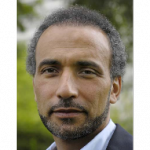 Professor Tariq Ramadan
Professor Tariq Ramadan
Professor of Contemporary Islamic Studies, University of OxfordTIME Magazine has recognised Professor Ramadan twice: first in 2000, naming him one of the world's top 100 innovators of the 21st Century (one of the world's top 7 religious leaders), and again, in 2004, as one of the world's top 100 most influential intellectuals. Professor Ramadan was named by Foreign Policy magazine on its list of 100 top global thinkers in 2008, 2009, 2010 and 2012 and was voted the 8th top public intellectual in the world by Prospect Magazine (UK).
Dr Tariq Ramadan is Professor of Contemporary Islamic Studies at Oxford University, teaching in two Faculties of Oriental Studies and Theology & Religion. He is Senior Research Fellow at St Antony’s College (Oxford) and Doshisha University (Kyoto, Japan); Visiting Professor at the Faculty of Islamic Studies, (Qatar); Director of the Research Centre of Islamic Legislation and Ethics (CILE) (Doha, Qatar) and President of the think tank European Muslim Network (EMN) in Brussels.
He holds an MA in Philosophy and French literature and PhD in Arabic and Islamic Studies from the University of Geneva. In Cairo, Egypt he received one-on-one intensive training in classic Islamic scholarship from Al-Azhar University scholars (ijazat teaching license in seven disciplines). Through his writings and lectures Tariq has contributed to the debate on the issues of Muslims in the West and Islamic revival in the Muslim world.
His research interests include the issues of Islamic legislation, politics, ethics, Sufism and the Islamic contemporary challenges in both the Muslim-majority countries and the West. He is active at both academic and grassroots levels.
He is a member of the International Union of Muslim Scholars and sat on the Foreign & Commonwealth Office Advisory Group on Freedom of Religion or Belief.
He is the author of Au péril des idées with Edgar Morin; The Arab Awakening: Islam and the New Middle East; The Quest for Meaning: Developing a Philosophy of Pluralism; Radical Reform: Islamic Ethics and Liberation; In the Footsteps of the Prophet: Lessons from the Life of Muhammad; and Western Muslims and the Future of Islam.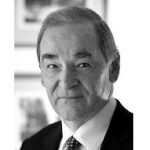 Sir Jeremy Greenstock
Sir Jeremy Greenstock
Former UK Ambassador to the UN and UK Special Envoy for IraqSir Jeremy Greenstock was a career diplomat for the British Diplomatic Service from 1969 to 2004, developing specialisations in the Middle East, Transatlantic Relations and the United Nations. His postings included Dubai, Washington, Saudi Arabia, Paris and New York. He served as Political Director in London from 1996 to 1998, as UK Ambassador to the UN in New York (1998-2003) and as UK Special Envoy for Iraq, based in Baghdad (September 2003-March 2004).
After being educated at Worcester College, Oxford, Sir Jeremy joined the Diplomatic Service in 1969. The two themes of his career were the Middle East and US/Western European Relations. He studied Arabic at the Middle East Centre for Arab Studies, Lebanon (1970-72) and went on to serve in Dubai and Saudi Arabia in the early 1970s and mid 1980s respectively. From 1974-1978 he was Private Secretary to Ambassadors Peter Ramsbotham and Peter Jay in the British Embassy in Washington, starting a total of ten years spent in Washington and New York on US and Transatlantic business.
After a spell as Political Counsellor in Paris (1987-90), Sir Jeremy came back to London as Director for Western and Southern Europe, the foundation for a number of years’ work on the EU’s Common Foreign and Security Policy and in particular on the Balkans, Cyprus and Gibraltar. He returned to Washington as Minister (Deputy Ambassador) in 1994-95, and was then brought back to London as Director General for Eastern Europe and the Middle East (1995) and then Political Director (1996-98). After chairing the European Union’s Political Committee during the UK Presidency in the first half of 1998, he moved to New York as UK Ambassador to the UN in July 1998. As the UK’s Representative on the Security Council up to July 2003, he worked extensively on matters of peace and security in Africa, the Middle East, the Balkans and South Asia, but particularly on Iraq. He chaired the Council’s Counter-Terrorism Committee from October 2001 to April 2003.
Sir Jeremy left government service in March 2004, after seven interesting months in Baghdad. He became Director of the Ditchley Foundation, the conference centre in Oxfordshire promoting transatlantic dialogue, in August 2004, a position he left in August 2010. He was also a Special Adviser to the BP Group from 2004 to 2010, a Non-Executive Director of De La Rue from 2005 to 2013, a Governor of the London Business School from 2005 to 2008 and Chairman of the UN Association in the UK from 2011 to 2016. He now works concurrently as a Member of the Chatham House Council, as a Special Adviser to the NGO Forward Thinking, as a policy adviser to the International Rescue Committee (UK) and as co-Chair of the European Eminent Persons Group on Middle East issues.
Sir Jeremy currently serves as the Chairman of the strategic advisory company, Gatehouse Advisory Partners, established in September 2010, and Chairman of Lambert Energy Advisory, the oil and gas specialists, since January 2012.
Sir Jeremy has recently published Iraq: The Cost of War, his diary of events leading up to, during, and after the Iraq War, which was banned from publication in 2005 after an intervention by then Foreign Secretary Jack Straw.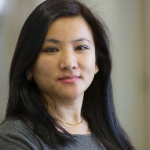 Tenzin Dhardon Sharling
Tenzin Dhardon Sharling
Secretary for Department of Information and International Relations, Central Tibetan AdministrationDhardon is the Secretary for Department of Information and International Relations of Central Tibetan Administration. She is a former member of the Tibetan Parliament in exile. She served as the executive member of Tibetan Women’s Association, as the co-chair of steering committee of International Tibet Network, which is global coalition of Tibet groups and as the General Secretary of the Tibetan-Chinese PEN Association.
Dhardon has been published as a contributing author in the book ‘A Force Such as the World Has Never Known: Women Creating Change,’ published by INANNA Publications and Education inc in 2013.
Dhardon studied at the Tibetan Children’s Village schools. She earned a master’s degree in Communication studies from Madras University and a further master’s degree in Counseling studies from the University of Edinburgh, Scotland. She is currently a PhD student in Communication Department at the University of Massachusetts, Amherst.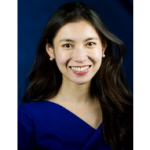 Dr Lynn Kuok
Dr Lynn Kuok
Non-Resident Fellow of Foreign Policy, Brookings InstitutionDr Lynn Kuok is a nonresident fellow at Brookings Institution’s Center for East Asia Policy Studies, a visiting fellow at the Harvard Law School, and a senior visiting fellow at the Centre for International Law. She is a member of the World Economic Forum’s Global Future Council on International Security.
Dr Kuok’s research interests include nationalism and race and religious relations in Southeast Asia (Singapore, Malaysia, Indonesia, and Myanmar), and the politics, law, and security of the Asia-Pacific region, with a focus on the South China Sea dispute. She is an advocate and solicitor of the Supreme Court of Singapore and was a senior producer at a television news station in Asia. She served as editor-in-chief of the Cambridge Review of International Affairs and the Singapore Law Review.
Dr Kuok holds a doctorate in comparative politics from the University of Cambridge, a Master of Arts in law and diplomacy from the Fletcher School of Law and Diplomacy, and a law degree from the National University of Singapore.
She is the author of “The U.S. FON Program in the South China Sea: A Lawful and Necessary Response to China Strategic Ambiguity” (June 2016), “Tides of Change: Taiwan’s Evolving Position in the South China Sea” (May 2015), “Overcoming the Impasse in the South China Sea: Jointly Defining EEZ Claims” (December 2014), and “Promoting Peace in Myanmar: U.S. Interests and Role” (May 2014).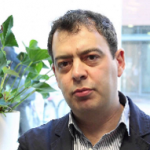 Professor David Runciman
Professor David Runciman
Head of the Department of Politics and International Relations, University of CambridgeProfessor Runciman became Head of Department in October 2014. Professor Runciman also leads the team on the ELECTION podcast, the University's weekly politics podcast.
Professor Runciman’s main research interests are in Late-nineteenth and twentieth century political thought; theories of the state and of political representation as well as various aspects of contemporary political philosophy and contemporary politics.
His current research projects include ‘Conspiracy and Democracy’, a five-year Leverhulme-funded research programmed based in CRASSH, the Centre for Research in the Arts, Social Sciences and Humanities.
Professor Runciman’s key publications include ‘The Confidence Trap: A History of Democracy in Crisis from the First World War to the Present’ (Princeton University Press, 2013), ‘Political Hypocrisy: The Mask of Power from Hobbes to Orwell and Beyond’ (Princeton: Princeton University Press, 2008) and ‘The Politics of Good Intensions: History, Fear and Hypocrisy in the New World Order’ (Princeton: Princeton University Press, 2006).
An archive of Professor Runciman’s writing for the London Review of Books is available here:
http://www.lrb.co.uk/contributors/david-runciman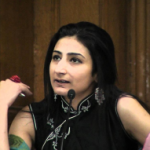 Dr Nitasha Kaul
Dr Nitasha Kaul
Kashmiri novelist, academic, poet and economistDr Nitasha Kaul is a Kashmiri novelist, academic, poet, economist and artist.
Dr Kaul publishes short fiction, non-fiction essays and poetry, and speaks to various gatherings of creatives, writers, poets, and academic scholars. She has also authored numerous academic and scholarly articles in edited books and journals, and columns in newspapers or online on the themes of identity, economy, gender, social theory, technology, democracy, Kashmir and Bhutan.
Dr Kaul is an Assistant Professor in Politics and International Relations at the University of Westminster in London where she has been teaching postgraduates courses in Politics and IR since 2012.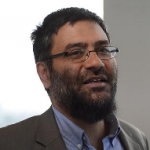 Imam Dr Usama Hasan
Imam Dr Usama Hasan
Head of Islamic Studies, Quilliam Foundation UKImam Sheikh Dr Usama Hasan is Head of Islamic Studies at Quilliam and was a founding advisor to the organisation in 2008. As a teenager Usama became a radical salafi activist and, whilst still a Cambridge undergraduate, briefly took part (1990-1) in the ‘Jihad’ against Communist forces in Afghanistan. However following the 7/7 bombings in London, Usama took it upon himself to start campaigning against extremism and for religious reform within Muslim circles.
Fluent in English, Urdu and Arabic, Dr Usama completed memorizing the entire Qur’an by the age of 11. He has served as a part-time imam for over 30 years since his teens and is a certified transmitter of the Qur’an and Hadith scriptures and has translated a number of Islamic texts into English, including The Islamic Foundation’s “Way of the Prophet” (2009). He has recited or co-recited the entire text of the Qur’an to Ramadan mosque congregations over twenty times, including twice in the reading of Warsh.
Before joining Quilliam, Dr Usama was a Senior Lecturer in Engineering at Middlesex University (2003-2012), Visiting Associate Professor at NUST in Pakistan (2002-3) and a consultant in artificial intelligence in UK industry (1997-2003). He holds a PhD, MSc & MA in Physics and Artificial Intelligence from the Universities of Cambridge & London and is a Fellow of the Royal Astronomical Society and of the Muslim Institute.
As a Muslim community activist, Usama served as elected President of the student Islamic Societies at Cambridge University (1990-1), King’s College London (1993) and Imperial College (1994-5). He also served as imam, khatib, trustee and Vice-Chairman of Al-Tawhid Mosque (1985-2011); senior shura member, JIMAS (1990s), and as Director and Trustee of the City Circle (2008-12).
Dr Hasan's key publications include 'Women’s Rights & Gender Equality in Islam' (forthcoming, 2017), 'The Balanced Nation: Islam and the challenges of extremism, fundamentalism, Islamism and jihadism,' (2015) and 'From Dhimmitude to Democracy: Islamic Law, Non-Muslims & Equal Citizenship' (2015).
Dr Hasan has written for The Guardian, The Times, The Telegraph and for the BBC Online Magazine. He has been an invited delegate at major international conferences including the World Economic Forum – Middle East (2008-9), Ditchley Park (2015) and the Marrakesh Declaration (2016).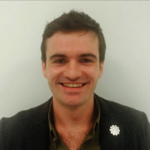 John Lyndon
John Lyndon
Executive Director, OneVoice EuropeJohn Lyndon leads OneVoice Europe, supporting grassroots movements in Israel and Palestine aimed at creating the conditions necessary for conflict resolution. John has written and worked extensively on conflict resolution for over a decade, including Northern Ireland, the Horn of Africa, Kashmir and the Middle East, appearing in media outlets such as The Independent, Newsweek, SKY News and the BBC.
John holds a BA in English and History from University College Dublin, and an MA in International Relations from the University of Sheffield, where he won the 2007 Bethan Reeves Prize for his research on the Middle East, and is a Visiting Fellow at King's College London's Middle East & Mediterranean Studies Programme.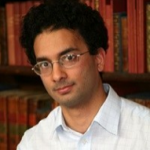 Dr Glen Rangwala
Dr Glen Rangwala
Lecturer in Politics of the Middle East, University of CambridgeDr Glen Rangwala is a university lecturer in the politics of the Middle East at the University of Cambridge, and a fellow of Trinity College Cambridge.
Dr Rangwala’s work specialises in the Levant (including Lebanon, Syria, Israel, Palestine) and the northern Gulf region (including Iraq, Iran, Saudi Arabia and Kuwait). His particular interests are the forms of political debate in these regions and the character of the state and state-building processes.
Dr Rangwala also works on theories of contemporary conflict and modern war, international organisation and some aspects of the role of international law in politics.
Dr Rangwala is the co-author of Iraq in Fragments (Cornell University Press, 2006), which analyses the fragmentation of the Iraqi polity following the invasion of 2003.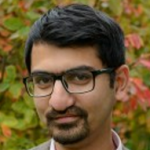 Dr Ankur Barua
Dr Ankur Barua
Lecturer in Hindu Studies, University of CambridgeDr Ankur Barua is Lecturer in Hindu Studies, at the Faculty of Divinity, University of Cambridge. He specialises in the classical and the modern Vedantic traditions of Hinduism, and also works in the field of comparative philosophy of religion. He has published various articles relating to the intersections between Hindu thought and a range of themes such as inter-religious dialogue, religious violence, and science.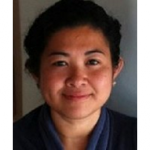 Dr Iza Hussin
Dr Iza Hussin
Lecturer in Asian Politics, University of CambridgeDr Hussin is a Lecturer in Asian Politics at the University of Cambridge. Her research and teaching are in the areas of comparative politics, Islam and Muslim politics, law and society and religion and politics. Her work has been supported by the National Science Foundation, the Social Science Research Council, the Woodrow Wilson Foundation and L'Ecole des Hautes Etudes en Sciences Sociales. Prior to joining POLIS, she was a member of the faculty in Political Science at the University of Chicago. Her recent book, The Politics of Islamic Law: Local Elites, Colonial Authority and the Making of the Muslim State (University of Chicago Press 2016), explored the construction of Islamic law in colonial India, Malaya and Egypt.
Current research projects include a manuscript on the travels of law across the Indian Ocean arena and a collaborative project on Internet fatwa.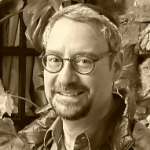 Rabbi Dr Naftali Brawer
Rabbi Dr Naftali Brawer
Author and BroadcasterRabbi Dr Naftali Brawer received Orthodox Rabbinic ordination in the United States at the age of twenty two and served as a congregational rabbi in London for close to twenty years. He earned a PhD in Hebrew and Jewish studies at UCL. Between 2005-2011 he served as an advisor on interfaith issues to Chief Rabbi Jonathan Sacks. He recently co-founded Mishkan an innovative spiritual community that meets in public spaces. He is a published author and broadcaster.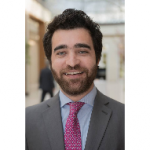 Haid Haid
Haid Haid
Associate Fellow, Chatham HouseHaid Haid is a Syrian columnist, researcher and a Chatham House Associate Fellow. He focuses on security policies, conflict resolution, Kurdish and Islamist movements. Prior to that, he was a program Manager on Syria and Iraq at the Heinrich Böll Stiftung-Middle East Office in Beirut. He also worked as a senior community services-protection assistant at UNHCR- Damascus office. He has a BA in Sociology, an MA in social development and has just completed another MA in conflict resolution at King's College.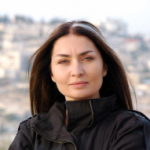 Leila Sansour
Leila Sansour
Filmmaker and founder of Open BethlehemLeila Sansour is an acclaimed filmmaker and the founder and CEO of Open Bethlehem, a public diplomacy project that works to secure the future of Bethlehem as a diverse and vibrant city in Palestine
She began her career in television as a producer on Al Jazeera’s leading documentary series “Encounter in Exile” and moved on to create a number of award winning shorts and feature length documentaries both of which were released in cinemas across the UK.
Leila has worked as a consultant on a number of media projects with the UN and IFES and she freelances regularly as a producer with ITN news. She is a well known speaker on issues of the Middle East. She has written articles and given talks at the British parliament, The Royal Institute of Foreign Affairs (UK), The Royal College of Defense, The Carter Center, Amnesty International and many other venues.
Her latest film 'Open Bethlehem' 90min, was released in 2015 in UK cinemas to a high critical acclaim being singled out as film of the week by the Guardian and one of the 5 key contemporary films that will help you understand the present day Arab World.
Open Bethlehem’s website is: www.openbethlehem.org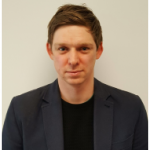 Dr Edward Anderson
Dr Edward Anderson
Smuts Research Fellow in Commonwealth Studies, University of CambridgeEdward Anderson is the Smuts Research Fellow in Commonwealth Studies at Centre of South Asian Studies, and Teaching Associate at POLIS. He is a Postdoctoral Affiliate at Trinity College, a member of the Executive Council of the British Association of South Asian Studies, and a founder-member of the Cambridge Migration Research Network (CAMMIGRES) Postgraduate and Early Career Forum.
Dr Anderson’s research interests relate to Indian politics and contemporary history, diasporas and migration, nationalism, multiculturalism, cultural hybridity, and transnational networks. His multidisciplinary research focuses on Hindu and Hindu nationalist organisations in Britain, and elsewhere in the Indian diaspora, from the 1960s to the present day. He traces the development of conservative Hindu identities, political ideologies, and ‘long-distance’ nationalisms. This research sheds light on dynamic and deep-rooted transnational networks.
His PhD research, which is currently being developed into a monograph on diasporic Hindu nationalism, also analysed public representations of Hinduism and layers of interconnectivity with India.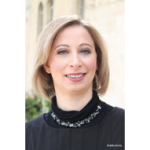 Dr Amal Marogy
Dr Amal Marogy
Founder of Aradin Charitable Trust and Affiliated Researcher in Neo-Aramaic Studies, University of CambridgeAmal Marogy is Affiliated Researcher in Neo-Aramaic Studies at the University of Cambridge and is Founder and Executive Director of Aradin Charitable Trust, which advances education in rare and minority languages in the Middle East, helps preserve cultural heritage, counters prejudice and promotes peace by supporting education, rigorous research, informed discussion and intercultural dialogue.
Dr Marogy taught Arabic at the University of Cambridge and was Director of Studies in Asian and Middle Eastern Studies at King’s College. Amal is a bilingual Aramaic-Arabic speaker from Iraq. She hopes that her rich cultural background will help her become an active contributor to the intercultural dialogue between East and West. Her publications include The Foundations of Arabic.
Linguistics: Kitab Sibawayhi. Syntax and Pragmatics (2010) and Si-bawayhi and Early Arabic Grammatical Theory (ed.)(2012)
Directions
Getting here
The entrance to the Old Divinity School is situated in the centre of town on All Saints’ Passage, off St John's Street, Cambridge, CB2 1TP.By Road
The Old Divinity School is easily accessible from the M11, M1, and A1(M) motorways, and the A14. Parking in the centre of town is limited, and though there is a public multi-storey car park in Park Street, nearby the School.By Rail
Cambridge is a 50 minute journey from London's Kings Cross and slightly longer from Liverpool Street stations. There are also good cross country services from Peterborough to link with trains from the north and the Midlands. For further information please see http://www.nationalrail.co.uk.A taxi from the station takes about 15 minutes, costing around £10.
